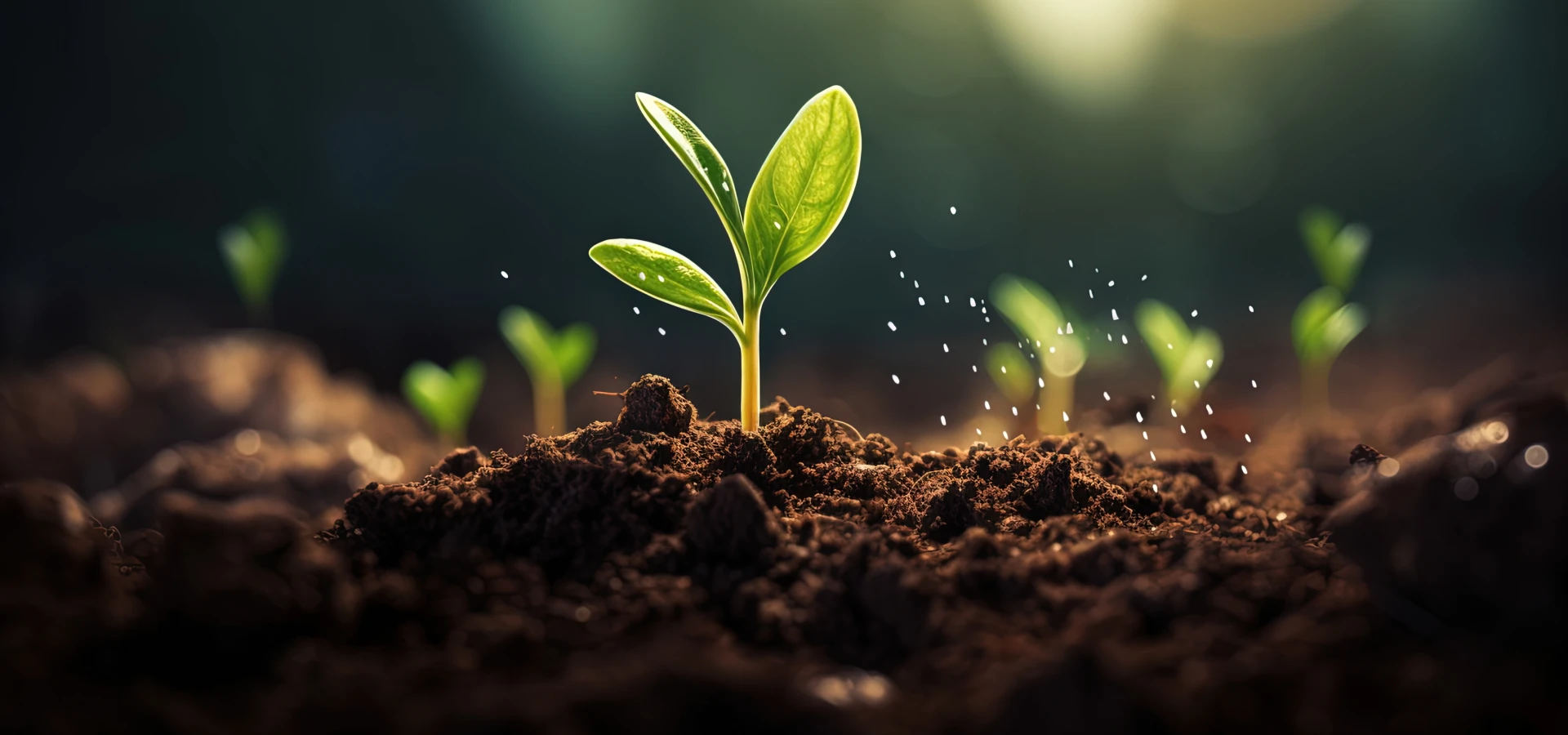
Job ad is no longer active
The position has either been filled, or the application period has concluded. We genuinely appreciate your interest in this role and the effort you invested in your application. However, there's no need to worry! At MindDig, we would love to invite you to explore other exciting job opportunities!